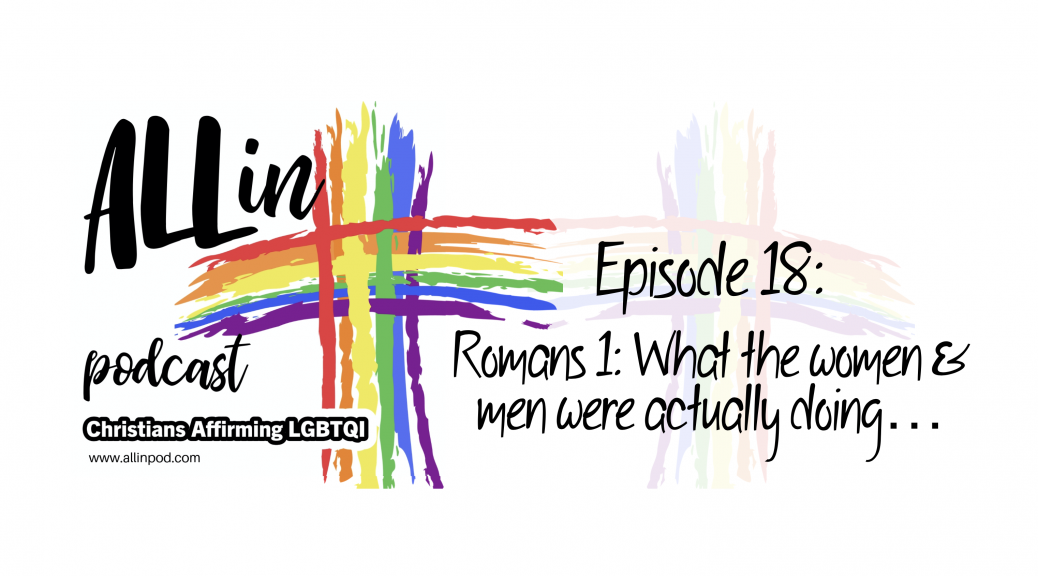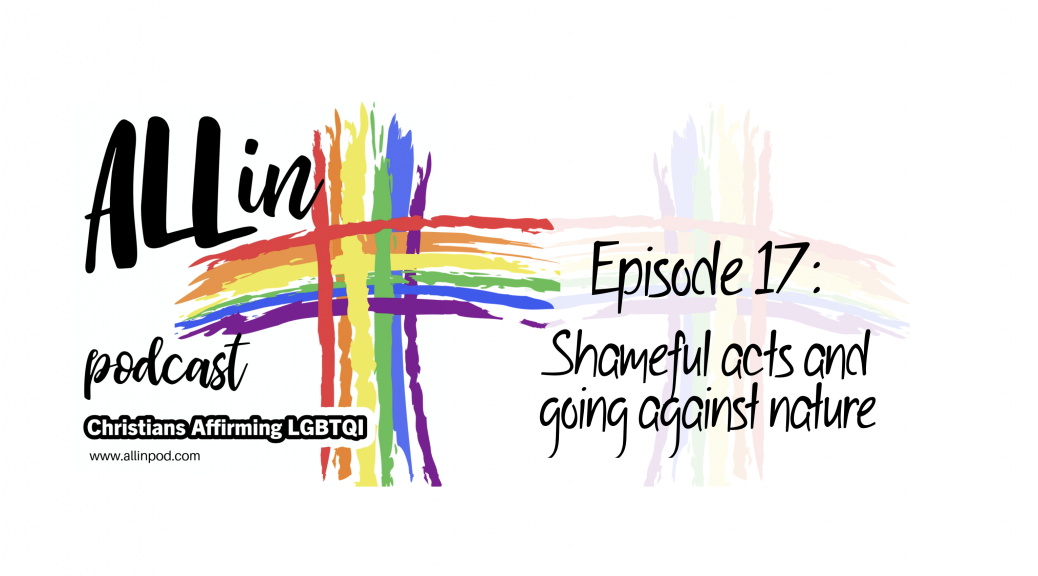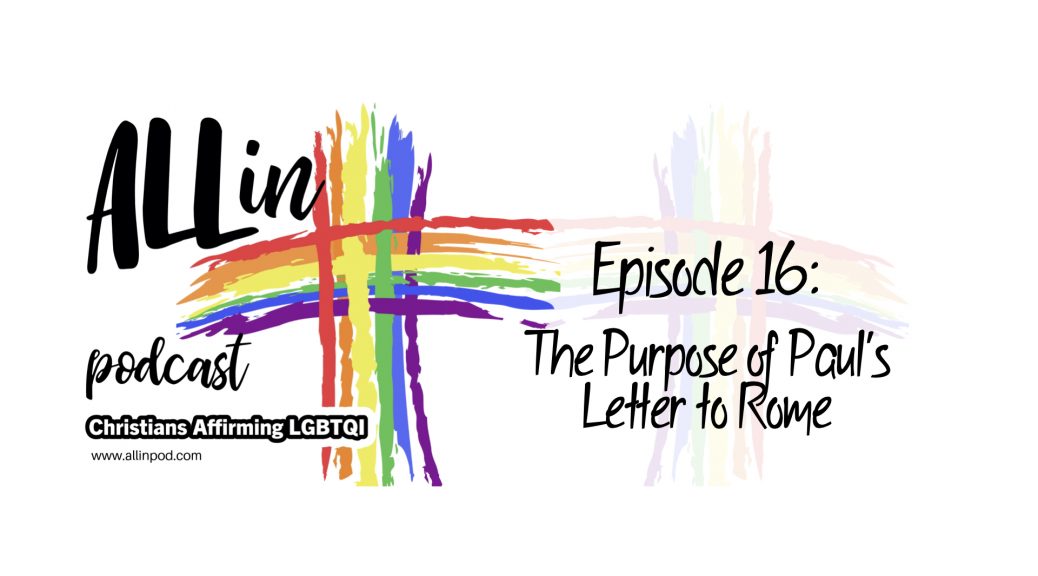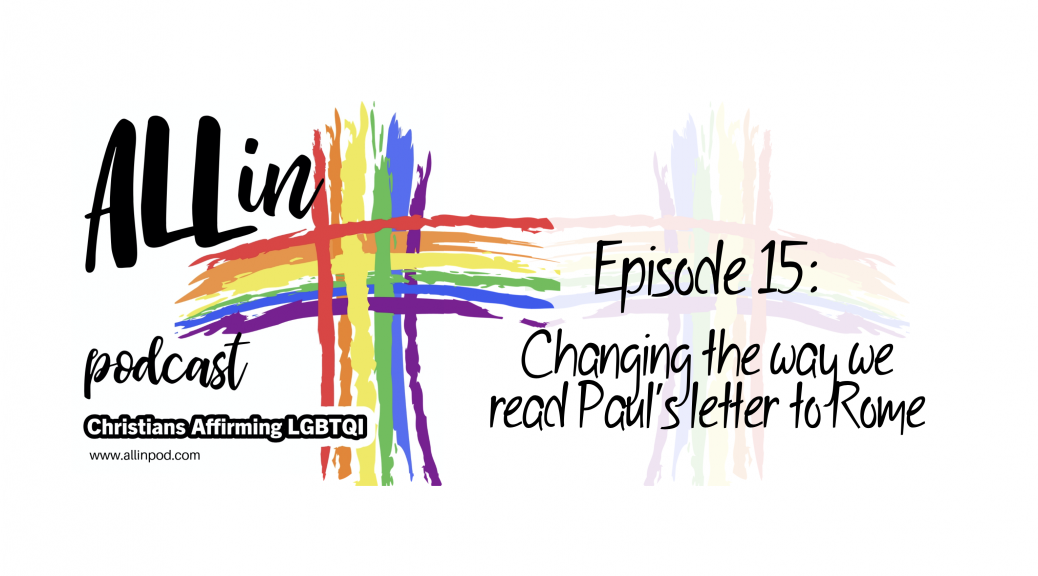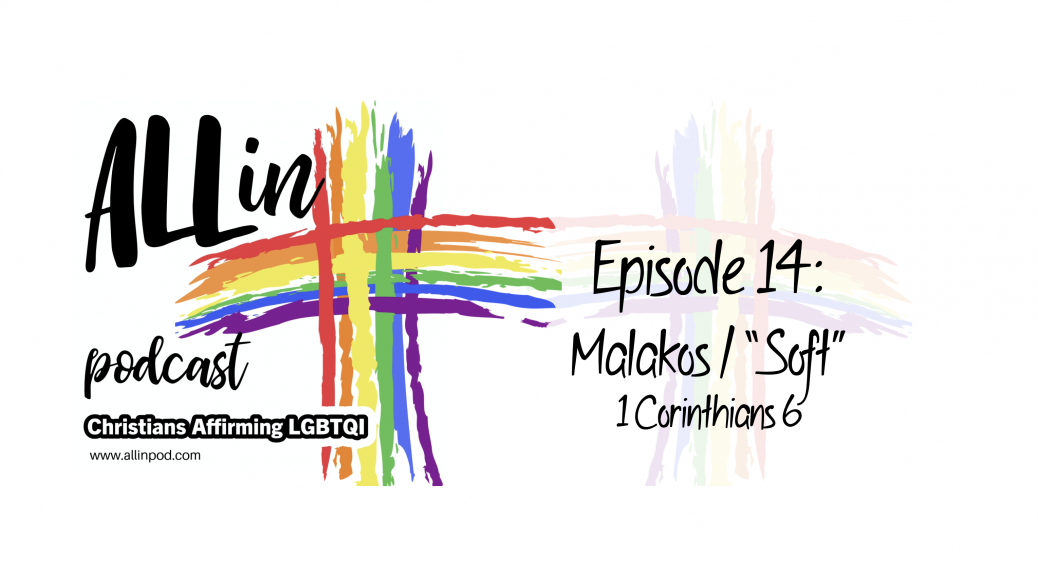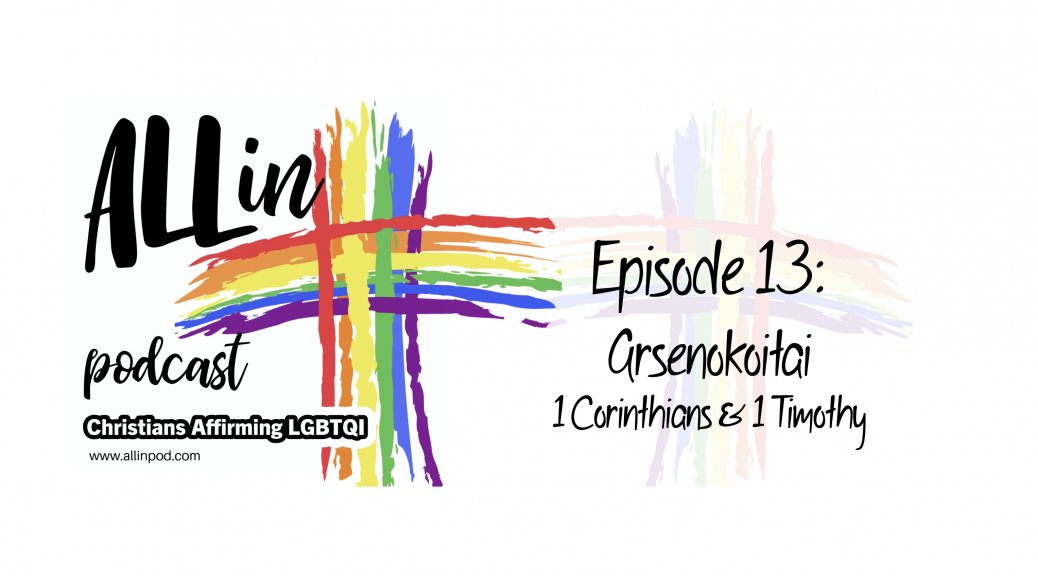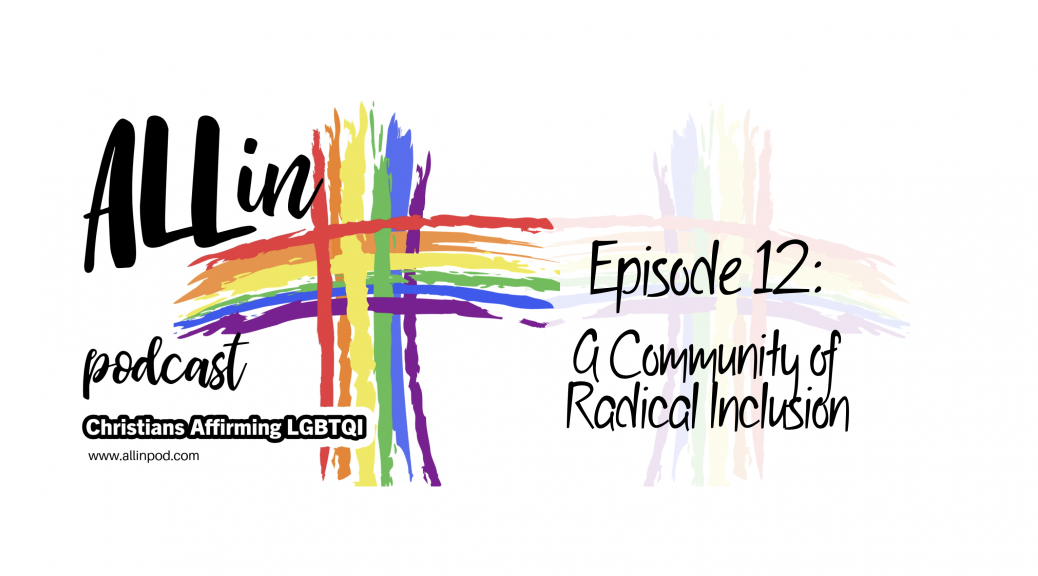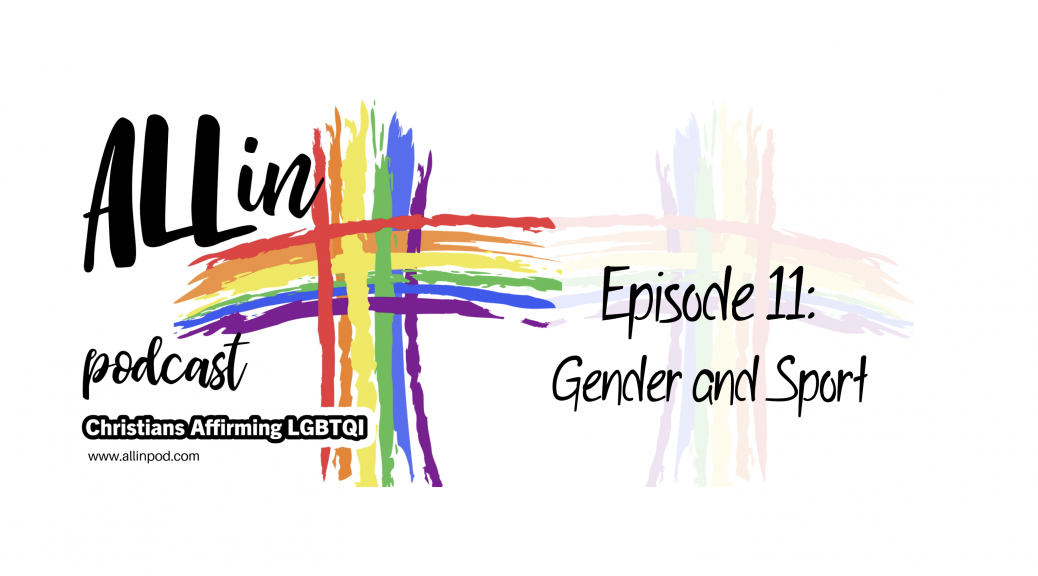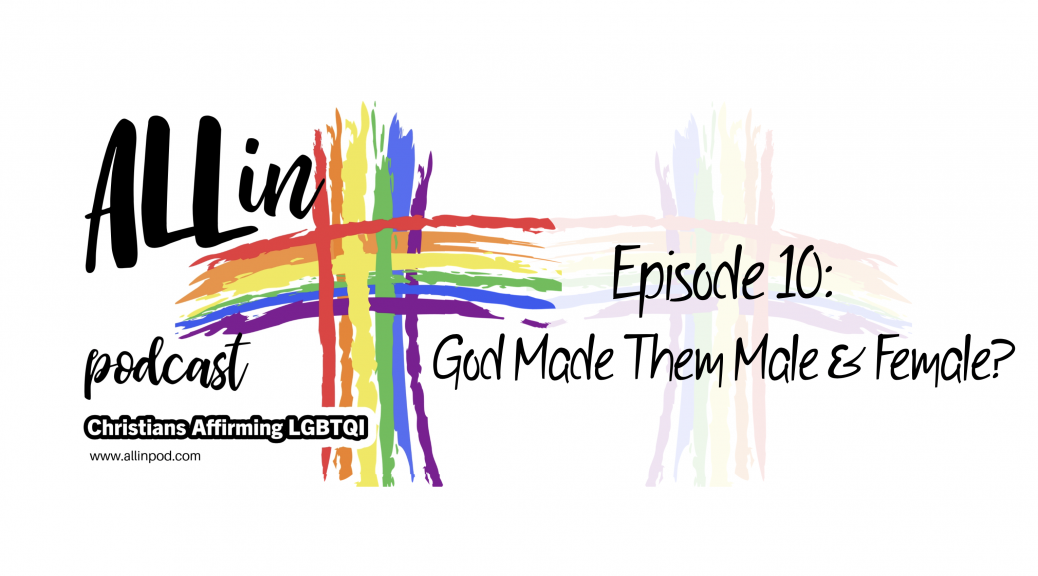We are spending a lot of time in Romans 1, because this is the passage that most people point to when they want to exclude LGBTQI people from the church and Christian faith. This is the fourth part of our mini-series in Romans, and looks in even more detail at the original text and specifically at Romans 1:26-27, “Because of this, God gave them over to shameful lusts. Even their women exchanged natural sexual relations for unnatural ones. In the same way the men also abandoned natural relations with women and were inflamed with lust for one another. Men committed shameful acts with other men, and received in themselves the due penalty for their error.”
What were the women, and men, actually doing? And what did Paul condemn in these verses?
We will discover that Paul’s issue is temple prostitution and pederistic relationships. And that he is not actually condemning same gender sexual activity in these verses. That’s right: the verses don’t say what you’ve been told they say. And once you see what they do say, you won’t be able to unsee it.

